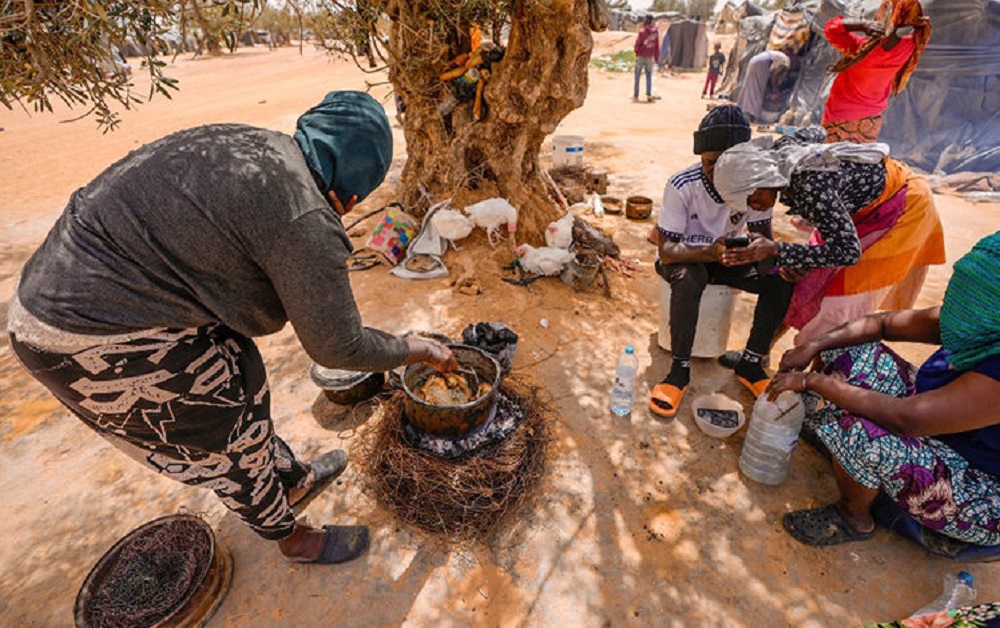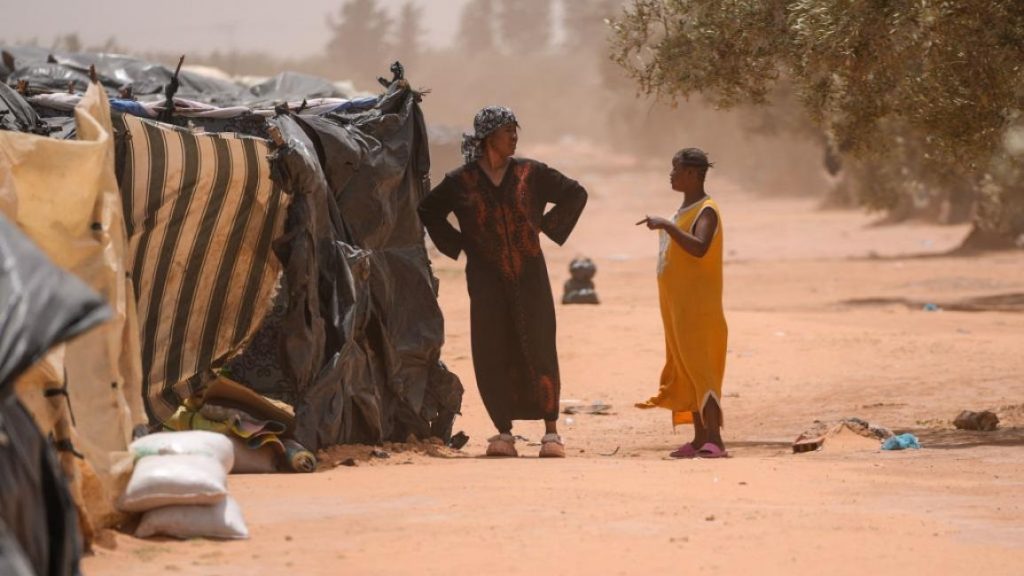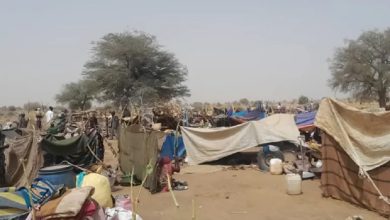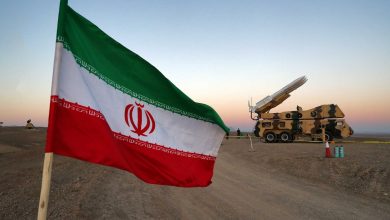Tunisia Faces Mounting Tensions Over Sub-Saharan Migrants Amid Security and Human Rights Concerns
Rising violence, political controversy, and humanitarian appeals shape Tunisia's struggle to manage undocumented migration from Africa’s Sahel region.

Watan-Tunisia is currently grappling with escalating tensions over undocumented migrants from Sub-Saharan Africa. Many Tunisians express growing concern over rising crime allegedly involving migrants, especially in areas like Al-Amra and Jebeniana in Sfax, where olive groves are used as launching points to reach Europe. Authorities have begun relocating migrants from private lands to state-owned areas and established better-equipped camps.
Critics accuse the government of focusing solely on maritime borders to comply with a 2023 EU-Italy deal while neglecting land borders with Algeria and Libya—main entry points for migrants. Rights groups have condemned the racist and inflammatory rhetoric from some lawmakers and the mistreatment of migrants, warning of increasing violence and human rights abuses.
The Tunisian Human Rights League has voiced serious concern over worsening conditions and called for responsible migration policies that respect international law and human dignity. It also criticized the government’s “failed” approach and urged an end to discriminatory practices.

Tensions Rise in Tunisia Over Migrant Crisis
A recent violent clash between migrants in a Sfax camp resulted in a death, highlighting poor safety conditions and lack of oversight. Experts argue for more realistic, humane solutions, inclusive governance, and urgent reforms.
Activists also criticized the state for failing to protect both migrants and local communities, emphasizing that fear of crime and terrorism—especially in a post-terrorism climate—is rising. At the same time, humanitarian voices caution against stereotyping all migrants based on the actions of a few.
Tunisia is now caught between public pressure to ensure security and the international demand to uphold human rights, facing strong criticism no matter its actions. The need for balanced, legal, and ethical migration management is more urgent than ever.






